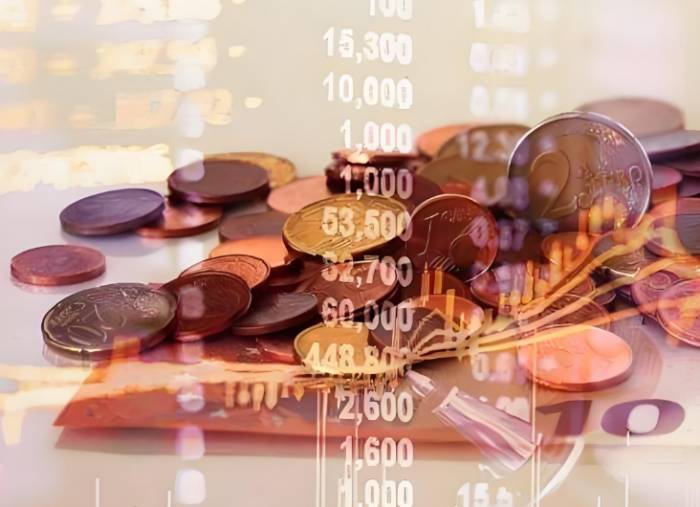1. The fluctuations in price are irregular and unpredictable.
This is the premise upon which we establish all trading systems; only by acknowledging this principle can we enter the realm of speculative trading.
Many trading methods in the market that are based on prediction are doomed to fail. Prediction may lead to short-term success, but it is a path of no return.
In reality, all traders' actions are a process of managing risk and reward.
2. Prices exhibit trends.
Market operations develop along trends, and although we do not know what will happen in the future, we understand that as long as there are fluctuations in the market, trends will inevitably emerge.
The foundation of the futures market is price volatility. In the futures market, if prices do not fluctuate, there would be no need for spot merchants to hedge risks, and the futures market would lose its purpose.
Due to the existence of trends, there is a possibility that in so-called one-sided trend markets, we can profit from our positions to cover the trial-and-error costs we incur when the market is volatile. When a trend emerges, we engage in trend-following, trading in the direction of the trend, which gives us a certain advantage.
Advertisement
3. Diversification across multiple instruments can make a trading system more stable.
Because of the uncertainty of prices, a single instrument may not exhibit a one-sided trend over a long period. If you only trade in this one instrument, then making a profit becomes relatively difficult.Increasing the variety enhances the options available, and the chances of market opportunities arising also increase accordingly. At the same time, when facing consecutive losses, it is possible to transform concentrated drawdowns into diversified drawdowns, as the probability of all varieties experiencing drawdowns simultaneously is relatively low. This can reduce your drawdowns and make your capital curve smoother.
Because of this, we observe that many stable trading systems essentially employ a multi-variety combination.
4. Capital management is crucial.
We may encounter a prolonged period of drawdowns.
Due to the uncertainty of prices, the state where the prices of varieties cannot exhibit trending movements may last for a long time. During this period, your capital curve may continue to draw down, and the time to reach new highs again may be relatively long. Perhaps longer than you think, half a year, a year, or even longer.
Therefore, the existence of capital management is extremely important. It is the foundation that ensures our survival. You must be able to reduce your position size during consecutive losses to endure the wear and tear period of your trading system.
5. There is no stable windfall profit.
Many people fantasize about short-term windfall profits. To achieve short-term windfall profits, your system would need to increase position sizes to obtain high returns, but this is unsustainable.
Because, you will inevitably encounter price movements that do not align with your system. At such times, your trading system will cause your capital curve to experience drawdowns. If you continue to maintain large positions, your drawdowns will also be greater, as profits and losses originate from the same source.
Looking at the history of global trading, being able to achieve a compound annual growth rate of over 20% over the long term is already a top master, and it is conceivable how difficult it is to achieve this stable windfall profit.6. Simple systems possess greater vitality.
The great truths are simple; simplicity leads to efficiency and vitality.
Due to the uncertainty and unpredictability of price trends, and the complexity often inherent in them, using a complex trading system in the face of complex price movements is doomed to be unprofitable.

If you keep things simple, trading becomes simple; if you complicate matters, trading becomes complicated. The essence of trading lies in the repetition of simple actions.
Simplicity is the key to longevity; should a catastrophic event occur on this planet, it is certain that single-celled organisms would have a better chance of survival than complex humans.
Many things, many principles, can be understood over time through trading, but society is a race to see who understands first. Early understanding and late understanding lead to different destinies.
Comment